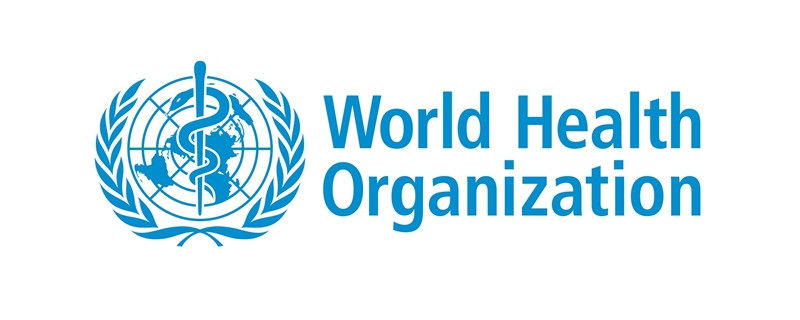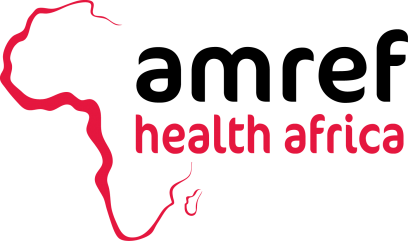

Introduction
Laboratory confirmation of malaria infection is an essential component of fever case management, and should be provided at all levels of health care to ensure correct patient management, and minimise the use and cost of anti-malarial treatment drugs. Many countries in sub-Saharan Africa support the Roll Back Malaria (RBM) and Millennium Development Goals strategies that aim to reduce the malaria burden by half by the years 2010 and 2015 respectively. To achieve these goals countries must adopt policies and practices that improve the quality of laboratory confirmatory diagnosis of malaria. Improved quality of laboratory diagnosis of malaria will retain the confidence of clinicians in laboratory results, leading to improved case management.
The overall aim of the course is to establish core national and regional experts in malaria microscopy to promote implementation of quality malaria diagnostic services in Africa.
The objectives of the External Competency Assessment of Malaria Microscopists course are:
- To objectively and formally assess the competency of malaria microscopists.
- To provide refresher training in all aspects of malaria microscopy based on standardised instruction and revision.
The course assesses essential knowledge and competences in all aspects of malaria microscopy and provides competency grades according to the WHO approved grading system. Participants achieving Levels One or Two are expected to provide and facilitate quality training in malaria diagnosis, specifically microscopy, to improve quality of malaria diagnosis at pre-service and in-service levels; and to support national quality assurance programmes. Participants at Levels Three and Four are expected to take steps to improve their performance and return after one year for reassessment.
Course administration
This course is organised jointly by the World Health Organization Regional Office for Africa (WHO AFRO) and Amref Health Africa. The course is held at Amref Health Africa’s Central Laboratory, Nairobi, Kenya, although alternative locations can be considered. A maximum of 12 participants are accepted per course.
Course dates 2018
The course will be conducted in Nairobi on:
- March 5 – 9, 2018
- July 23 – 27, 2018
- September 17 – 21, 2018
- October 22 – 26, 2018
Entry requirements
Participants may be laboratory technologists, laboratory technicians, laboratory scientists and pathologists working mainly in the malaria or parasitology section of the laboratory and have oversight responsibilities for improving malaria diagnostic services in their countries or regions. It is expected that National Malaria Control Programmes will play a major role in nominating participants who are involved in national malaria diagnostic activities.
Course structure
This one week long intensive and interactive course has a minimum structured time of 35 tutor contact hours, consisting of lectures, presentations and discussions, laboratory practice and slide review, and demonstrations. Daily sessions will be 4 hours in the morning for theory and 3 hours in the afternoon each day for reading pre-prepared slides characterised according to WHO standards.
Course content
At the end of this course participants are expected to:
- Demonstrate an understanding of the epidemiology of malaria
- Describe the biology of the malaria vector and parasite
- Prepare thick and thin blood films and stain films to a high standard
- Identify all malaria species (f, P.v, P.o, P.m and P.k) microscopically
- Identify all malaria parasite stages microscopically
- Differentiate pseudo-parasites and artifacts from true malaria parasites
- Quantify malaria parasites accurately
- Maintain and store microscopes properly
- Develop and maintain Standard Operating Procedures (SOPs)
- Perform technical work according to standards of good laboratory practice (GLP)
- Evaluation of the course
Participants should be prepared to provide information of malaria laboratory diagnostic activities in their countries, and prepare and present draft workplans for improving national malaria microscopy services.
Course assessment
Throughout the course, participants will be examined to determine the acquisition of knowledge, skills and competence. Participants will be assessed according to WHO Grades 1(Expert) to 4(lower level), based on performance, and will receive a Certificate indicating the Grade achieved.
Course fees 2018
USD 1300 per person to cover the following:
- USD 710: for tuition which includes: provision and maintenance of Slide Bank, training materials including printings, facilitation and coordination, laboratory supplies, equipment and infrastructure
- USD 90: for lunch, tea and snacks – this is an added cost to the tuition.
- USD 500: for accommodation, dinner, local transport and incidental costs for residential participants
- Fees do not cover return travel expenses between the participants’ working stations and Nairobi; or the medical care of pre-existing medical conditions.
